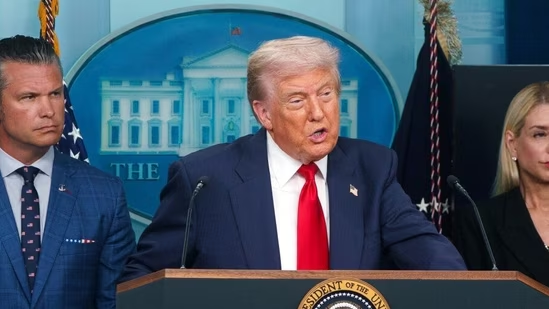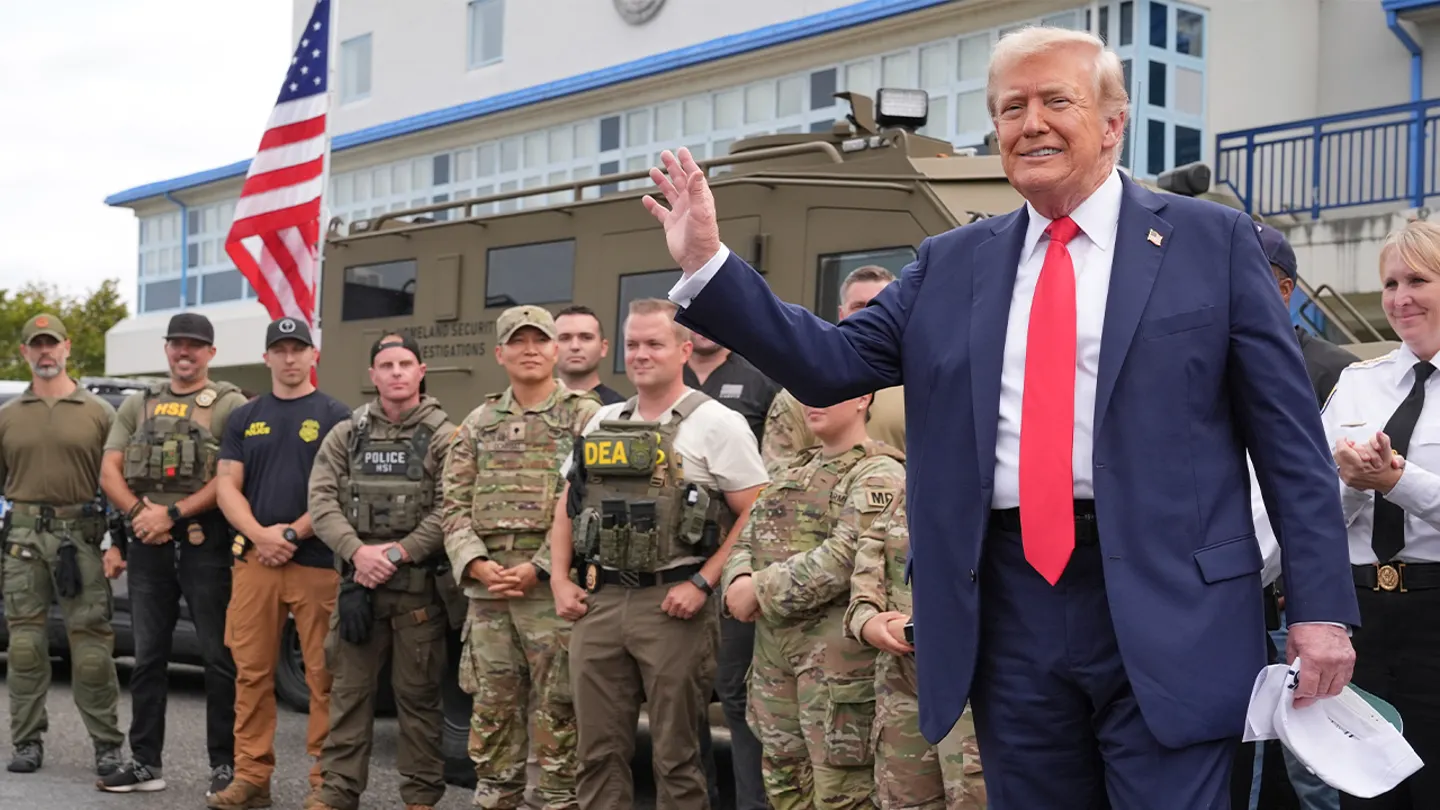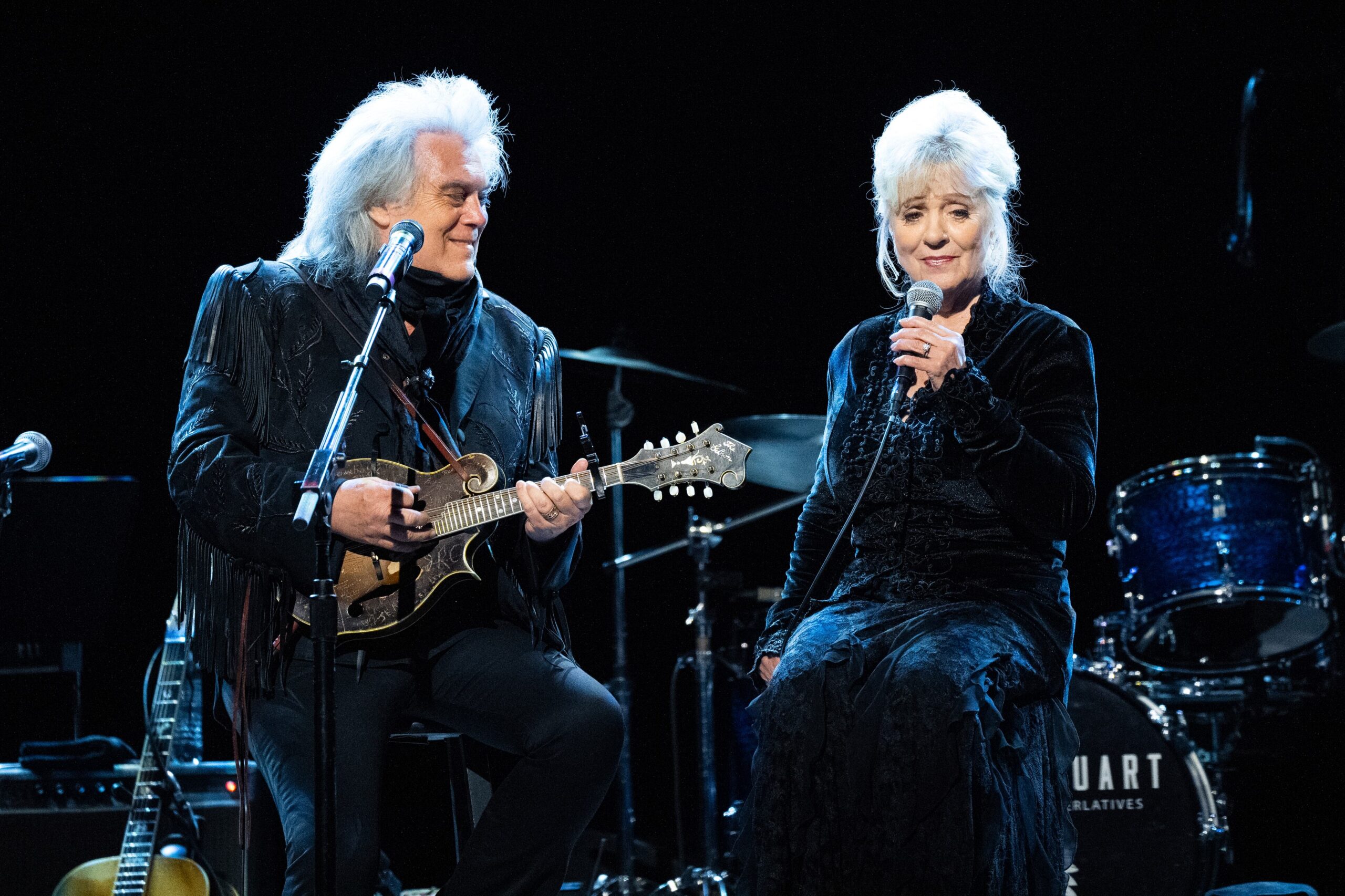President Donald Trump questioned Azerbaijani President Ilham Aliyev about his tenure at the White House last week. International observers have long accused Aliyev of dictatorial governance. He responded, “It’s been 22 years.”
Trump, obviously impressed, replied, “That’s pretty good, twenty-two years,” before turning to the crowd and saying, “That means he’s tough and smart.”
The conversation brought to light a startling fact: Trump does not just put up with authoritarian leaders’ repressive tactics; rather, he frequently seems to respect them for those very traits.
The previous year has been unsettling for critics who are worried about the president’s own authoritarian tendencies, and the past week has been especially so. Trump has recently imposed federal authority over private companies, museums, and cultural institutions, militarized the nation’s capital, and shown a desire to circumvent Congress.
Trump responded to charges of authoritarianism during a recent press conference over his choice to subjugate local police to federal authority and his deployment of National Guard troops to Washington, D.C. NBC News reports that Trump justified his conduct by stating:
They’re already calling him a dictator. We must stop [Washington, D.C.] from going to hell. Therefore, they ought to declare, “We’re going to join him and make Washington safe,” rather than, “He’s a dictator,” which might cause some attendees to applaud.
The remarks were noteworthy for their omissions. Trump rejected the accusation of authoritarianism as unimportant, but he did not refute it. His message was unambiguous: whether or not the methods used resemble dictatorial strategies, the goals of reestablishing order in the capital outweigh the costs.
Tom Homan, the White House border czar, told reporters shortly after that President Trump has unrestricted power to restore national security. That has no restrictions.
In actuality, the separation of powers, judicial scrutiny, and the law limit the president of the United States’ power. However, Homan’s statement implied that the administration’s goals took precedence above these constitutional balances.
Such hyperbole is not new. Trump publicly considered repealing parts of the Constitution that impeded his goals prior to the 2024 election, even putting forth the notion of a short-term American dictatorship. Months later, his remarks appear to be a sneak peek at his governing ideology rather than political hyperbole.












